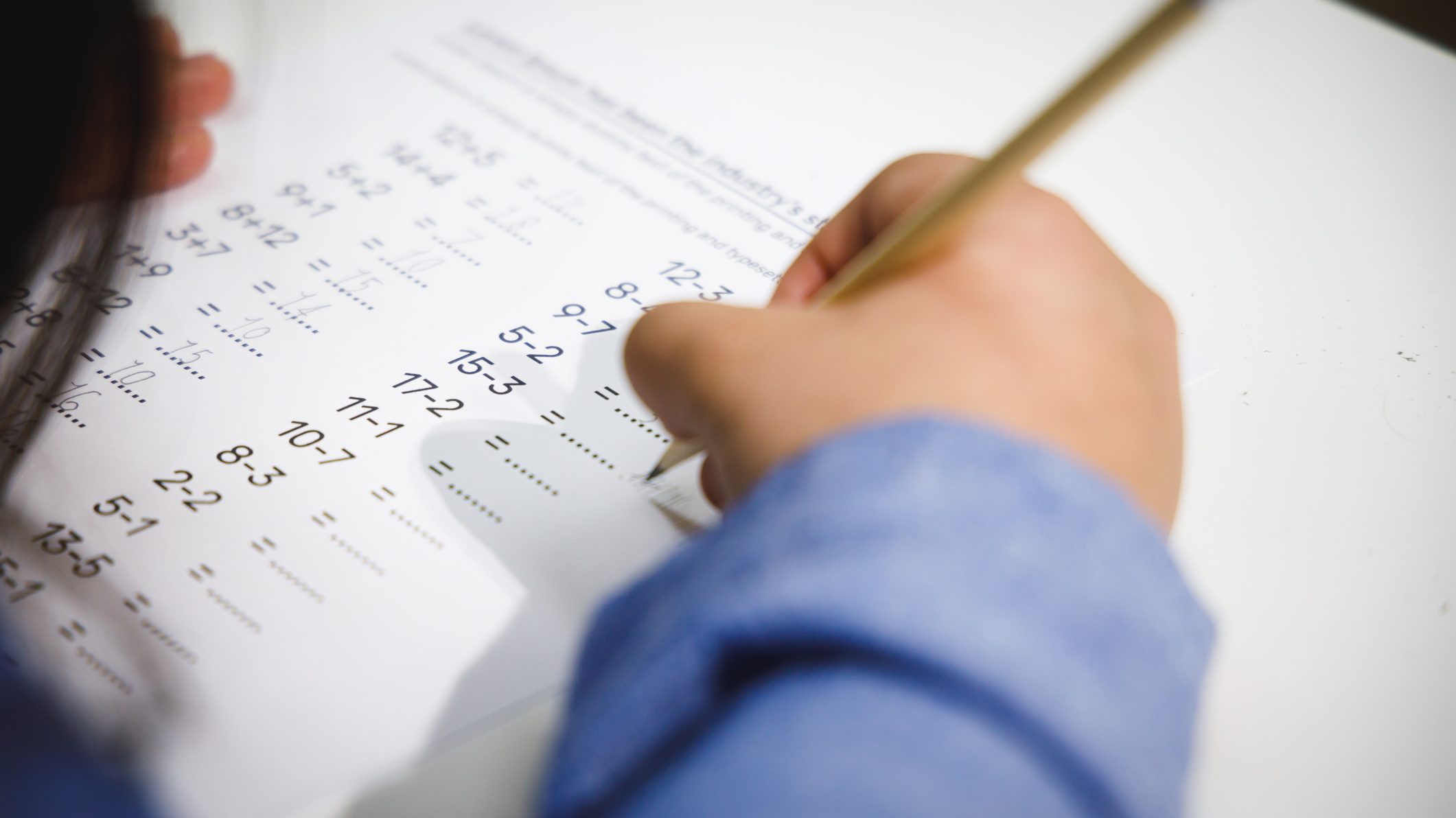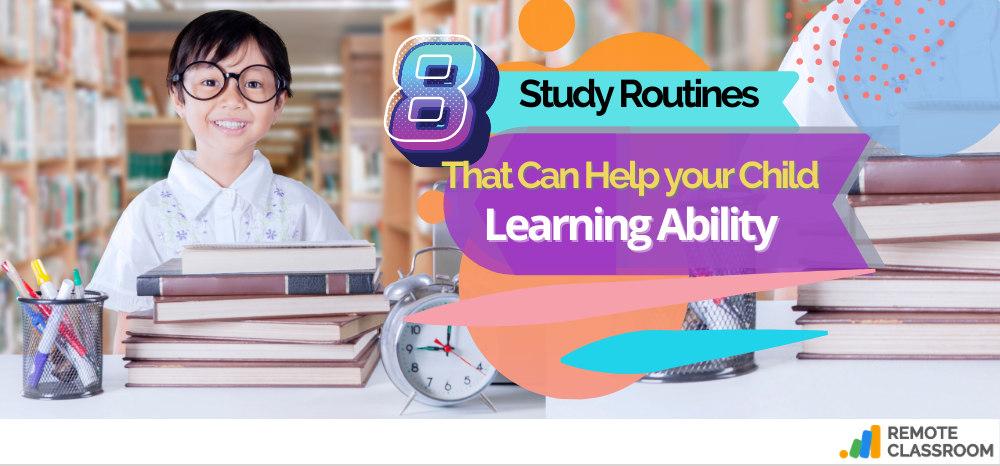Every parent wants their child to perform well in school. Seeing your child’s achievements is one of your proudest moments, isn’t it? There are several study routines for students depending on their learning styles, affecting their school performance, homeschooled or not.
But other kids are not interested in studying and are more into their hobbies like playing games, sports, arts, etc. Often, these kids do not have decent marks as the others. Meanwhile, some are very immersed in learning. Also, it might be hard to explain how vital education is at their young age.
Your presence and guidance matter the most to your child while learning. When they get home, they often ask for help from you. Your support as their parent will impact their performance in school. Whether your child is an achiever or into their hobbies, these are eight tips or study routines essential for moms and dads to know!
1. Make a schedule, and keep it consistent.

Of course, schedules make our lives easier. They make our daily tasks lighter and help us remember what we have to do. Make a schedule on how your study sessions with your child will go. Do not forget to allot ten and more minutes on each subject/activity, like lectures, practice tests, and Q&A. Schedules will eventually become a study routine that they will get used to if done consistently. It also promotes effective time management.
2. Check their notes, modules, and books to have an in-depth understanding of their topics.

What is in their books? It is also for you to know! To help them with their study sessions, you must be knowledgeable about their lessons too. Moreover, remind your child to take notes. It would also be good to listen to their teachers if they are homeschooling or remote learning (and you have enough time!)
3. Make fun and entertaining study sessions!

Entertain your child by making fun study sessions. Play a game, incorporate stories or real-life scenarios for easier understanding, or use colored papers for flashcards. It helps lessen their boredom and makes the study environment more child-friendly. (Read: 24 At-Home Learning Activities to Share with Parents of Young Children)
4. Remove distractions, but use these as rewards sometimes.

Maybe it is their phones, or TV, or games. Children are easily distracted because of their short attention spans, according to studies. You should remove these distractions from them by limiting their use. Also, educate them on how distractions could potentially ruin their marks in school. After the study sessions, allow them to do these “distractions” as a reward, but still in limitation. (Read: Rewards For Good Grades: Good Idea Or Disaster Waiting To Happen?)
5. Let them learn and answer tasks on their own.

You might get confused with this one because the study routines tell how you could help improve your child’s learning ability. But it helps to let them do their school works alone. Entertain their questions but do not give the answers away easily. Let them explore how they could answer the questions. Still, give a lending hand when they find it too hard already.
6. Avoid making school works seem like a burden.

Making school works like a chore is a mistake for most parents and puts more pressure on children. It also makes some feel uninterested in finishing them. Tell them how important it is to study and do school works but in a friendly, light way.
7. Encourage.

A broad term, isn’t it? Encouragement is a vital thing for everyone, especially children. Praising them for doing good is one thing to establish their motivation to study. It also boosts their confidence and their interest in learning. Comments like, “You did great today!” or “You understood this fast, I am so proud of you.” will surely make your child’s day better.
8. Determine your child’s learning style.

Your child’s learning style will aid you in knowing how they learn. It will guide you in your approach to teaching them. Keep an eye on their interests, learning skills, and strengths. There are four (4) basic learning styles according to the VARK Model, including Visual, Auditory, Reading/Writing, and Kinesthetic. Visual learners learn from what they see, and are into arts. Auditory learners have keen hearing senses, strong speaking skills, and are into music and singing. Reading/Writing learners are inclined to writing and like to read books. Lastly, Kinesthetic learners are skilled in physical activities like dancing and sports and use gestures when explaining.
For more tips coming from a parent like you, watch the video below!
Conclusion
Being physically, mentally, and emotionally present in your child’s learning process is crucial for their academic performance. It does not matter if you are not good at teaching; what matters is your support and motivation for them to learn. Education is the most important of all things you can give to our children, and you should make yourself available for help as they are still at their tender age. Making a detailed and focused plan on their study routines will surely help your child’s academic improvement.
Do not forget to aid yourself with a monitoring application. It is much easier to have a companion like the Remote Classroom App, which lets you track your child’s school works and allows you to monitor their activity on and off virtual classes. It also takes screenshots on their monitors for you to have a closer look at their progress on his/her online learning.
#remoteclassroomph
#remoteclassroom
#remotelearning
#remoteeducation
#remoteschools
#onlineteachers
#onlinetutoring
#virtualteaching
#lifeschooling
#intentionalschooling
#virtualclass
#onlinelearning
#homeschooling
#virtuallearning
#onlineschools

